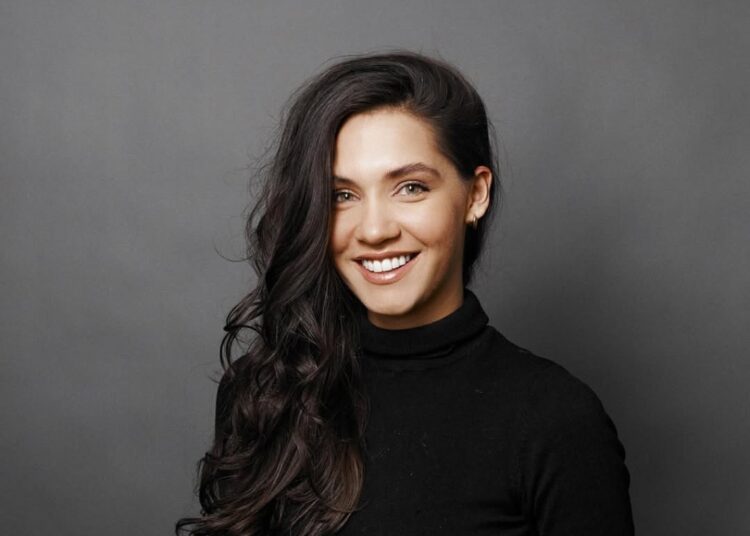Camila Rodríguez Hernández (Cárdenas, June 6, 1997), known as Camila Rodhe, is a Cuban actress and singer who has demonstrated her talent in both music and theater. Surrounded by musical influences — especially jazz — from a young age, her first contact with art was through singing.
She was a member of the Mestizaje group in her hometown and later joined the theater group El Portazo, with which she performed, among other works, the musical comedy Todos los hombres son iguales. There, she played Susana, a somewhat hysterical and mocking woman, dragged along by her friends and who later reprimands them for making her lose control.
Her performances, stage presence and talent earned her the 2019 Adolfo Llauradó Award for Best Young Actress, awarded by the Hermanos Saíz Association.
Today in the United States, Camila continues her training and dreams of resuming her career.
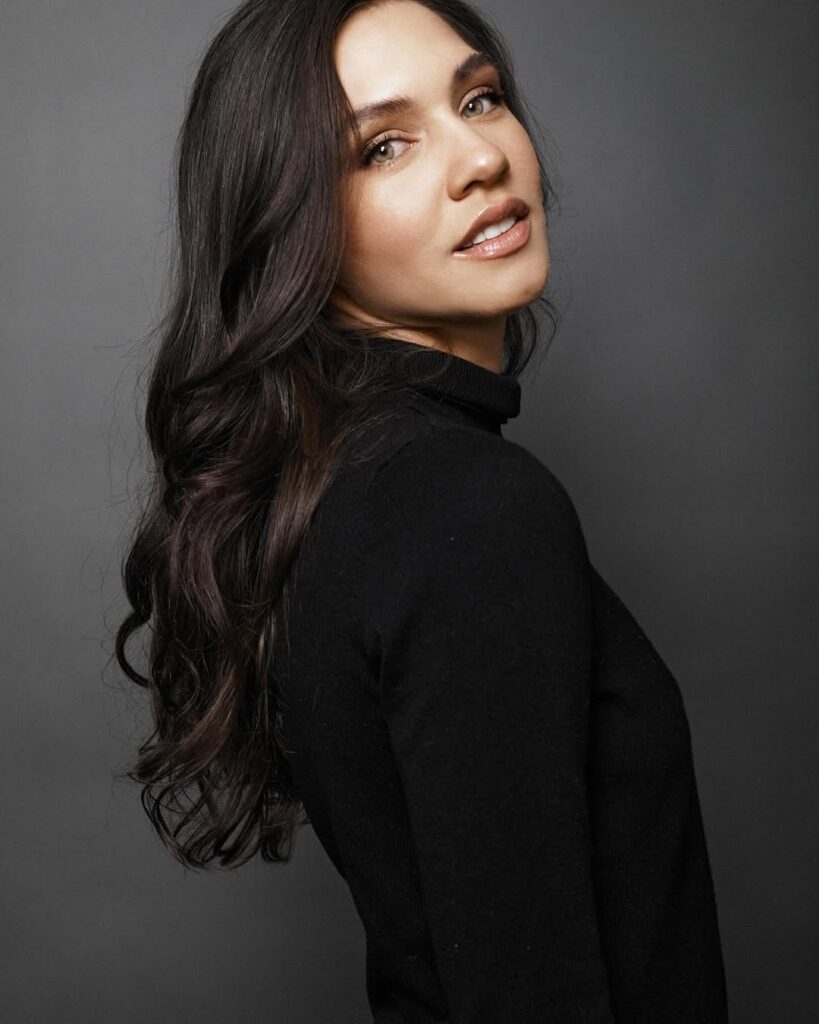
How did you get into acting?
It was an accident. I took the National Art School (ENA) tests because the music major wasn’t open that year. Honestly, I didn’t care if I got in or not. But the joke turned serious: I passed the national tests and, before I knew it, I was already sitting in an acting classroom in Havana.
You grew up in a musical environment. Why do you think you gravitated toward being an actress?
It was fortuitous, as I said. But when I graduated, I felt lost. I didn’t understand anything about theater, despite having spent four years studying it. I felt I should return to my musical career, and I went far afield in that search, until one night Pedro Franco, a theater director, convinced me to attend a rehearsal for the third season of CCPC: La República Light, and asked me to join the cast. With great trepidation, I accepted. And the rest is history.
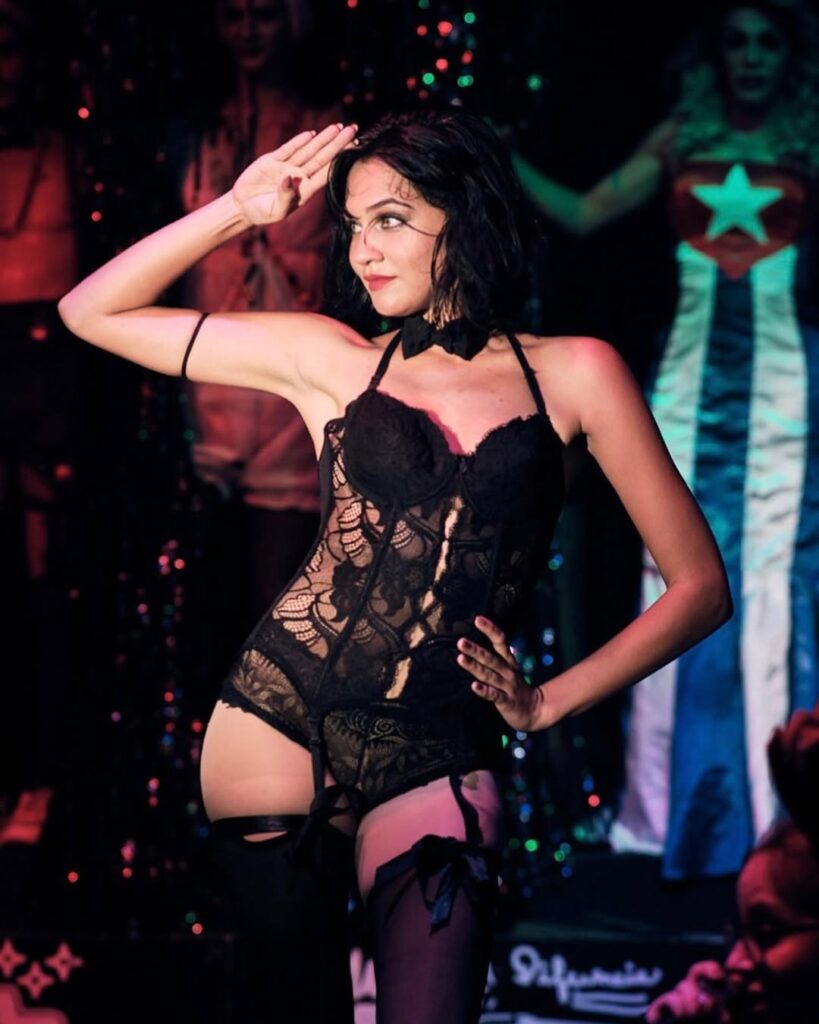
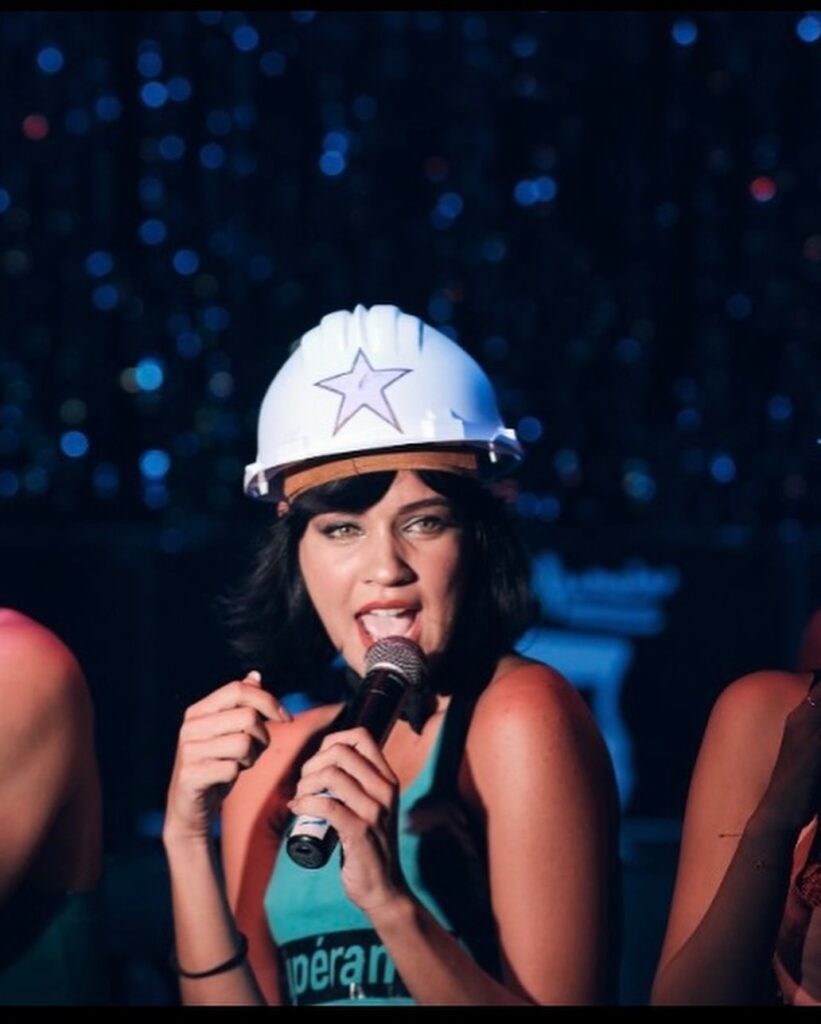
Did anything from those early years leave a lasting impression on you?
The first time I performed in front of an audience that wasn’t from school, family or friends, but a bunch of strangers. That night, I recognized myself as an actress. Although it wasn’t my best performance, I remember the impact that audience had on me, as well as that of my fellow actors: their process behind the scenes, their dedication on stage, the hustle and bustle backstage, the adrenaline, how vital everything felt. From that night on, I knew this was something I wanted to continue experiencing.
Even at such a young age, you’ve been able to dabble in radio acting, theater and film. Which of these mediums do you prefer?
Theater. It has a distinct power, a unique impact for both the person who performs it and the person who receives it. There’s something about theater — I’m not sure what — that makes you addicted, that fills your soul and senses in a different way. It’s a space where almost anything is possible. Many unique things can happen in a performance; what happens one night may not be repeated tomorrow. And what happens tomorrow will be completely new. Being part of those fleeting moments is deeply exciting.
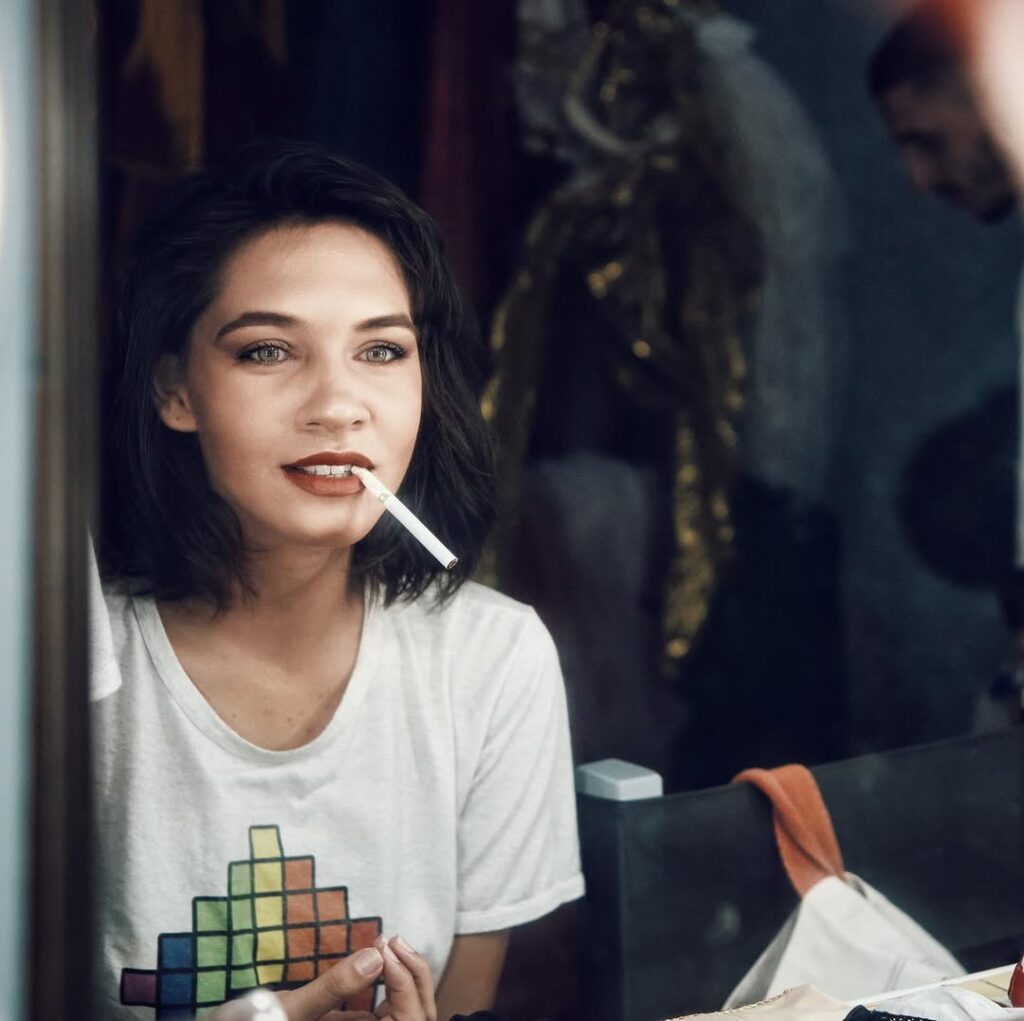
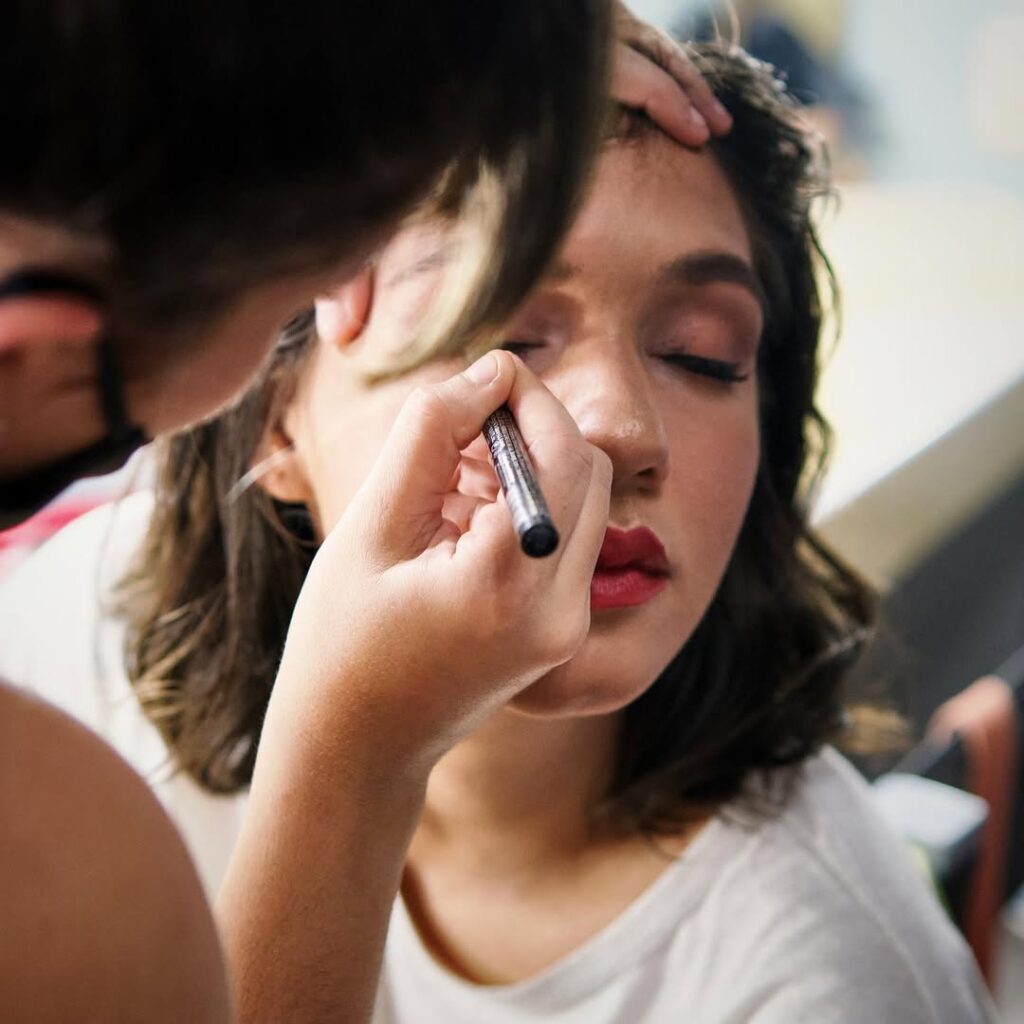
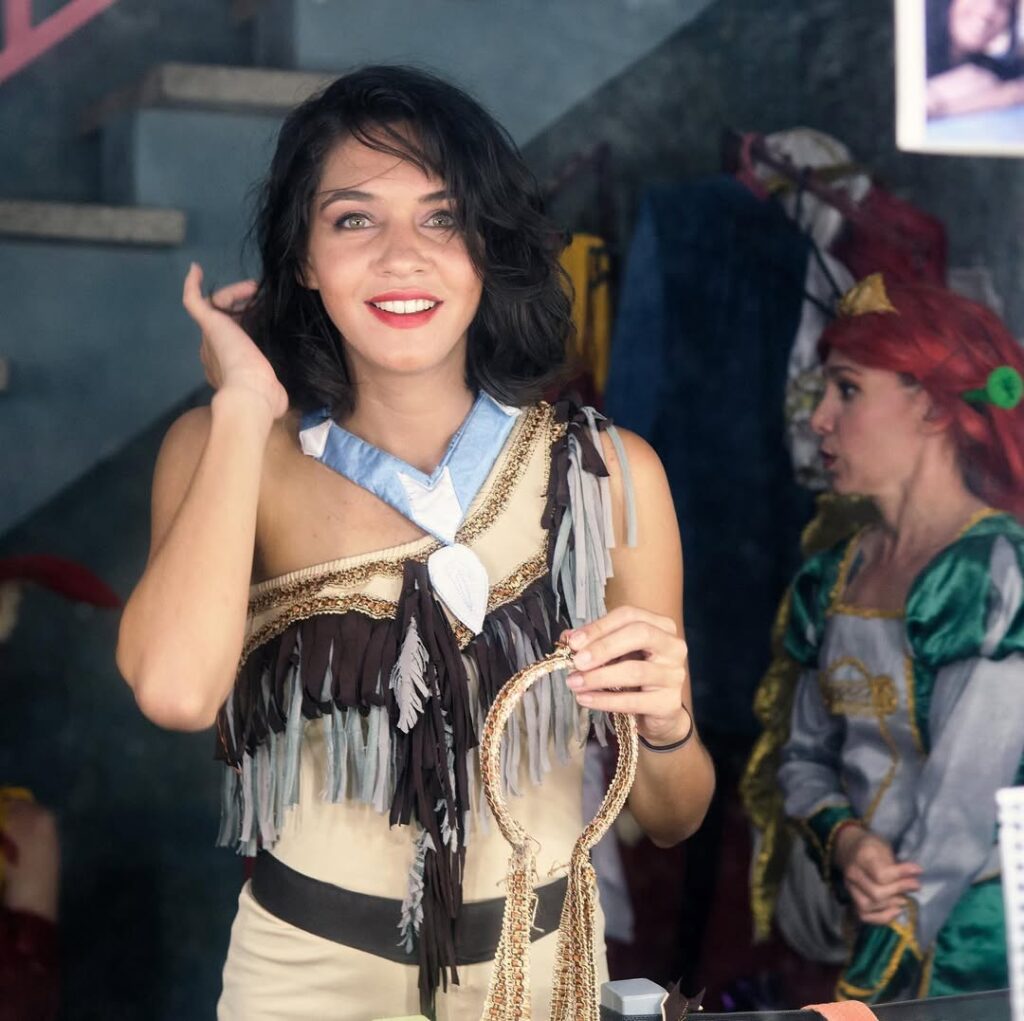
The theater group El Portazo was like a house full of actors and good times. How would you describe your years there?
Wow, El Portazo! I owe it so much. It was my gateway to acting, the place where I fell in love with the trade. I’ve always described that experience as “what a wonderful feeling of discomfort” — an expression I didn’t invent, but one that fits it perfectly. My years in the group were intense, turbulent (she laughs), lived with great dedication. I learned by observing my colleagues, both as an artist and as a person. I miss it. El Portazo was a school, a challenge, a celebration…and it remains a very important place for me.
What was the most important lesson from being part of the team?
One of the most valuable lessons I learned was that rescuing beauty is fundamental. And I’m not just talking about aesthetics or theatrics: I’m talking about a deeper beauty. Those who have seen a play by El Portazo — or have been part of the group — know what I’m talking about. It’s almost a concept of life, a philosophy. Our job is to not let that be lost.
What did winning the Adolfo Llauradó Award mean to you?
A surprise. I was still getting used to the idea of being an actress when I got the news. It’s hard to describe what I felt: I was happy, a little incredulous, but above all I felt proud. It was a way of recognizing my work, my effort, and it gave me the certainty that I was on the right path. I was — and still am — very grateful.
Is there any actor or actress with whom you’ve shared a stage and would like to repeat the experience?
It’s a difficult question. There are many actors and actresses I’d love to work with again. But if I have to mention someone in particular, it would be Juan Luis Prado, although we all knew him as Maya Queen. I would give anything to have even a little more time on stage with her.
Someone you haven’t acted with….
Oh, I don’t know! There are so many…. I’d like to act with all of them (she laughs). I’d love to discover everything I could learn from each one.
You were part of the cast of the film Malecón (2025). What can you say about that project and your character?
Malecón was my first real encounter with cinema and cameras. From day one, it was a magical experience. I was lucky enough to work with actors I deeply admire, like César Domínguez and Omar Rolando, from whom I received a lot of support and patience. Carlos Larrazábal, who was also making his directorial debut, gave me his trust and a safe space to explore.
I found the project beautiful and courageous. Filming in Cuba isn’t easy, let alone making a movie in a month. It was crazy, intense, but I didn’t want it to end. I had a lot of fun, I learned and I also made a beautiful friendship with my Yuyu, César.
My character is called Yuli. She’s a young Cuban woman who, from a very young age, learned about love, goodbyes, sacrifice and pain. She had to make difficult decisions to help her family and always put their well-being first. I have a lot of respect for her, I empathize with her and, in a way, I think I managed to pay homage to many women I know…and also to others I don’t.
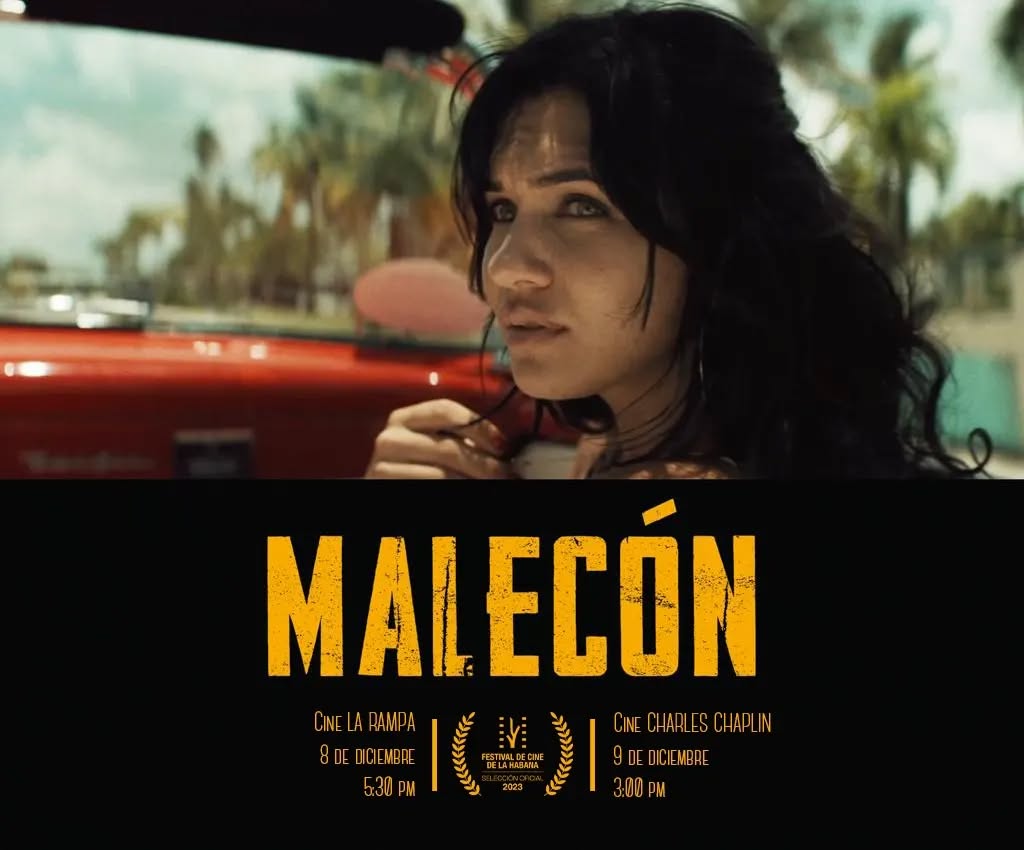
You’ve experienced emigration firsthand. What has that process been like from your perspective as an actress?
Emigrating has many tough aspects, more than I could mention right now. For an art professional, it’s perhaps a little more difficult. I can’t tell you how many times I’ve been struck by the fear of not knowing if I’ll ever be able to do what I love so much again. The uncertainty and stillness are horrible. You feel like time is passing and you’re still learning how to navigate a new country, with its own rules and culture, not knowing where you’ll fit in or if you really have what it takes to make it there.
You see your old classmates, emigrants like you, working on projects, and you can’t help but question things about yourself. It’s a constant struggle against your own negative thoughts and insecurities. I’m speaking from a very personal experience. Making art is difficult anywhere, making a living from it even more so, but both in unfamiliar territory, where paying the bills is a priority and the environment is crowded, is frightening. Of course, silence isn’t an option when you’re singing, and that stays with me and lifts me up; even if I’m singing in the shower: I remind myself of who I am, where I come from and where I’m going. No one said it’s impossible.
What are the biggest challenges Cuban artists of your generation face, and how have you addressed them?
One of the biggest challenges Cuban actors of my generation face today is competing in an increasingly technological and advanced world. We have to reinvent ourselves; there’s no other way. Keeping people interested enough to go to a theater to laugh or cry with you, when they can do it with a video on their phone in less than three minutes — and on top of that, with artificial intelligence — is no easy task.
There’s also the life factor. No matter where you are, it’s increasingly difficult for people to find time for recreation. Either you’re very tired from a day of work or adversities, or cooking becomes a feat. This affects both the public and us, the artists, but the people at El Portazo say we have to “make an art out of the struggle,” and I think we can never forget that.
Personally, I try to stay informed, read, attend concerts, premieres, whatever my time allows. I talk to people I know about projects they can see and support, I share each premiere on my social media and I support art in any way I can. I believe that sharing is fundamental in the field of cultural creation.
How has art influenced your personal growth?
Thanks to art, I’ve been able to travel to many places, meet people and things, all interesting and unique. That’s why I’ve learned a lot and lived intensely. My art has saved me many times: from mere existence, from boredom, from depression — it’s also a source of inspiration for me. It has guided me to beautiful and unique people and places. It has made me who I am. I have learned with every project, character, task and partner.
What projects are left for the remaining half of 2025?
I’ve decided to sing again. I want to resume my musical projects, and this time there will be collaborations that may be ready by next year. Regarding acting, there are also things in the works, but I can’t talk about that yet.
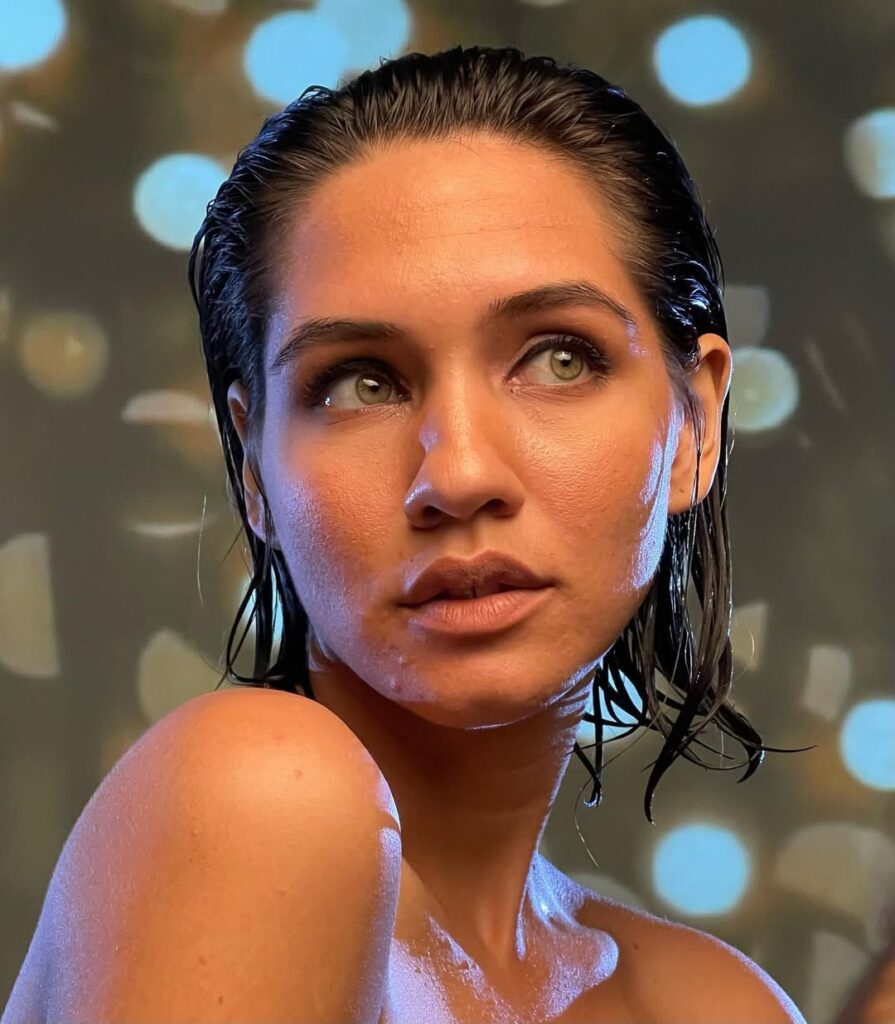
What character would you like to play?
I’ve always wanted to play Rachel, from La Bella del Alhambra, because I am her and she is me. I’ve always dreamed that someone would do a remake one day and I’d be lucky enough to be chosen. It’s one of my favorite Cuban films; it would be a dream come true or, who knows, maybe I’d be the one to launch that project.
If a film were about your life, what would the title be?
I think it would be A pesar del viento. I’m very much a gypsy; I go wherever my feet take me. I try to always be on the move, not just physically, but emotionally and spiritually, struggling, like many others, to stay grounded and not lose who I am in the process. I am me, despite myself, if that makes any sense.

